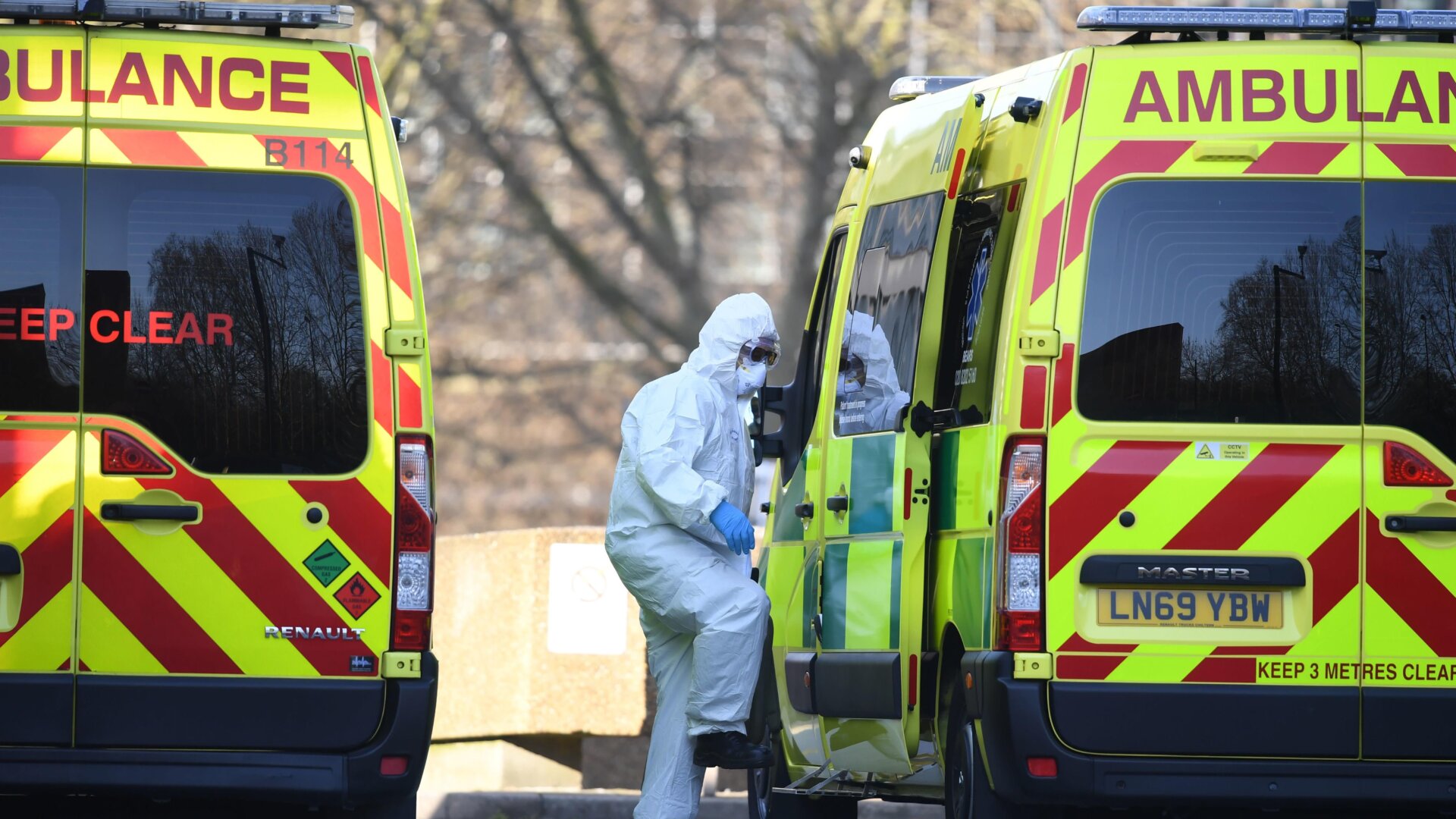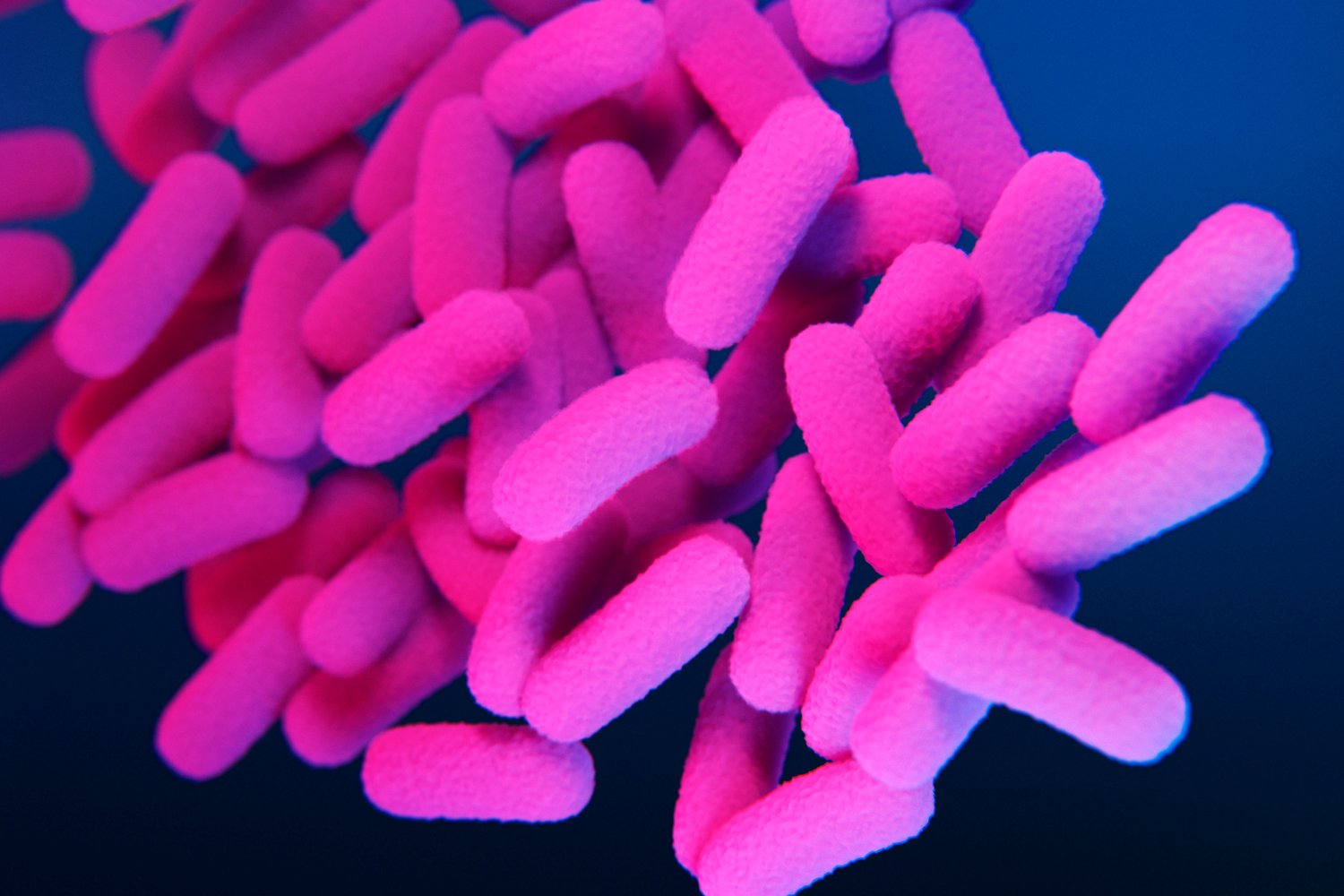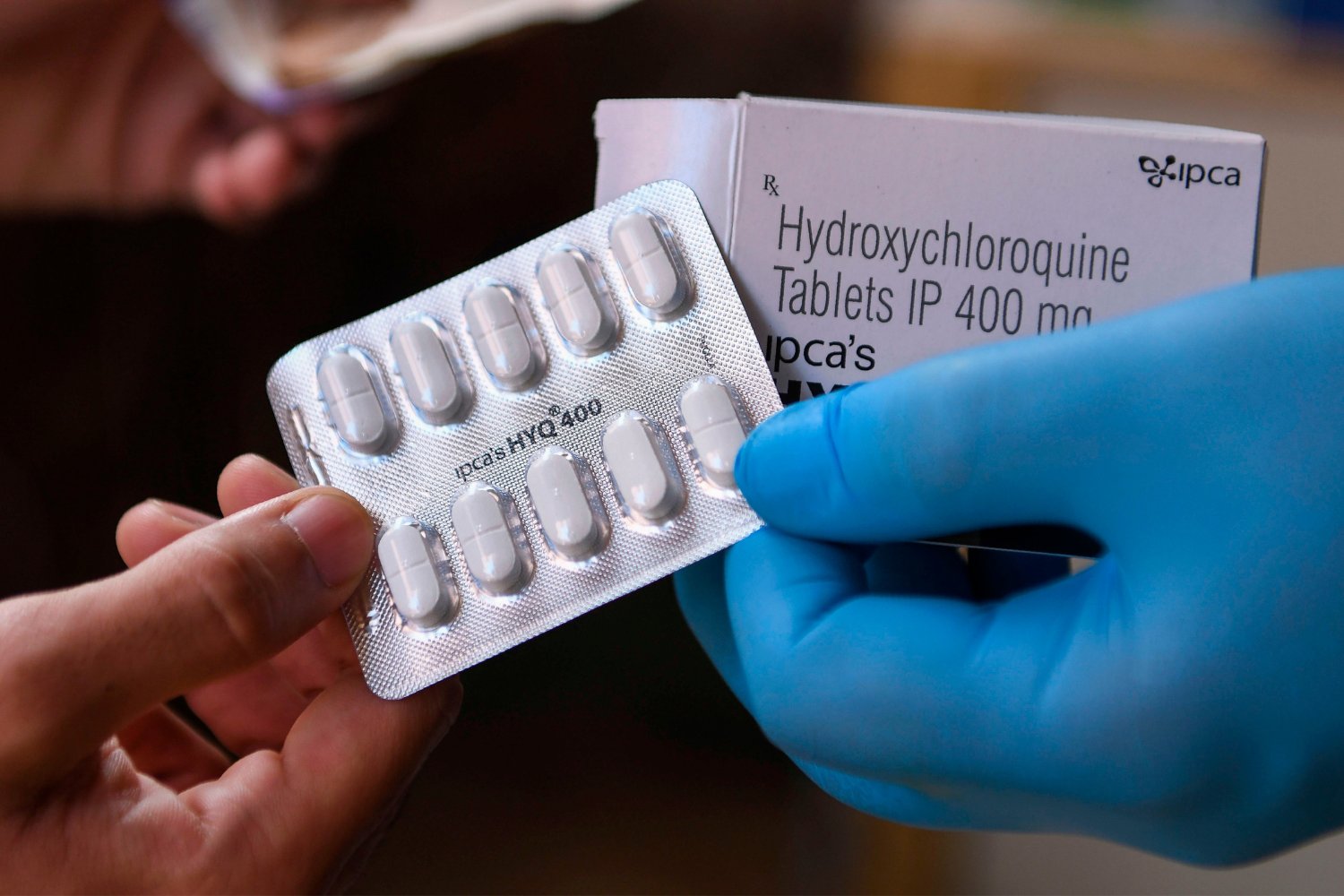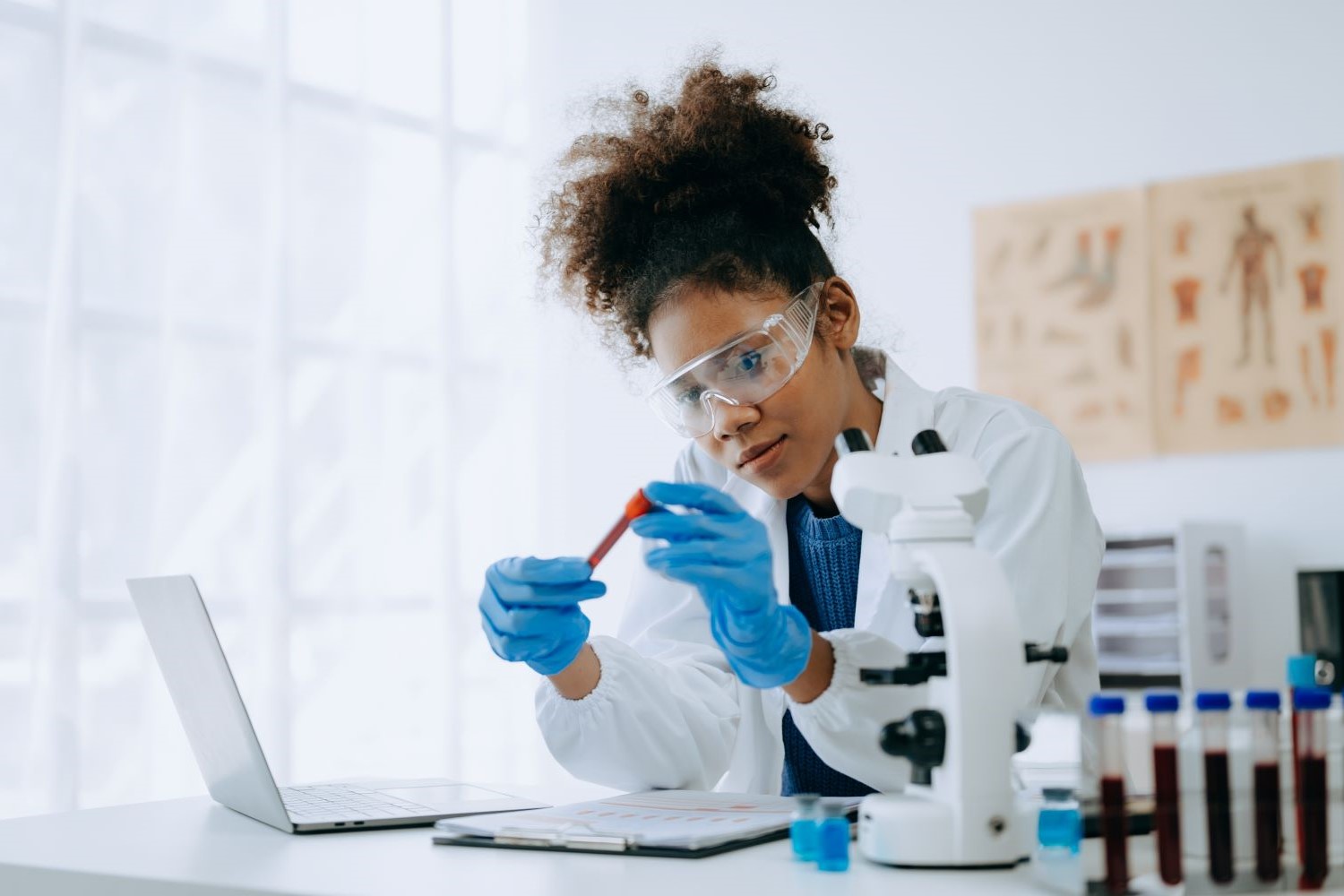Scientists in the UK and elsewhere are reporting the discovery of new, potentially important mutations found in local strains of the coronavirus. These strains may pose a real added danger to people, with early research suggesting that they’re more transmissible than the classic version. And though there’s much about them left to understand, there’s also some worry that they could be less vulnerable to the vaccines that have been developed so far.
News of the mutations emerged in early December. Scientists in the UK, conducting routine genetic surveillance of viral strains taken from patients in the country, had identified a variant of the coronavirus (SARS-CoV-2) that was starting to show up a lot more in southeastern England. Last week, several other countries reported finding strains with some of the same mutations as the UK variant, including the Netherlands andSouth Africa. This week, some countries have announced a new round of stricter travel restrictions to and from the UK, in hopes of curbing its spread.
Viruses mutate all the time. Most of the time, these mutations do not change how a disease-causing virus spreads or interacts with people. But sometimes they do. Early on in the pandemic, a mutation called D614G became widespread and eventually universal in coronavirus strains. It’s now thought that the mutation helped the virus become more transmissible than it was during the first outbreaks in China. By the time this mutation had become dominant, though, the pandemic was already well underway everywhere—so it didn’t really change our predicament. It also hasn’t been linked to more severe illness.
There are scientists who remain skeptical that the mutations found in the UK variant, known as B.1.1.7, are truly relevant. It’s possible that these mutations are simply a coincidence—“lucky” genetic changes hitching onto strains of the virus that would be spreading widely regardless. But other experts are less reassured. Last Friday, scientists with the New and Emerging Respiratory Virus Threats Advisory Group (NERVTAG), a group appointed by the UK government, met to discuss the new strain. They concluded, with moderate confidence, that B.1.1.7 has a “substantial increase in transmissibility compared to other variants.” Since then, they’ve become even more sure of their conclusion.
One big reason why the B.1.1.7 variant is worrying is that it’s carrying multiple mutations that could improve the virus’s ability to infect people. B.1.1.7 is said to have at least 17 possibly relevant mutations on its spike protein, which the virus uses to enter our cells. Any one mutation may not noticeably change the virus’s relationship with humans, but enough of the right ones could. It could even help these strains, in theory, evade the immune response generated by the vaccines we’ve developed against the coronavirus, according to Jason McLellan, a molecular biologist at University of Texas at Austin. McLellan and his team have been studying coronaviruses since before this pandemic, and their work has contributed to the development of Moderna’s now-authorized covid-19 vaccine, as well as several antiviral treatments in development.
“A single point mutation probably wouldn’t affect a vaccine all that much, because the vaccine is generating what’s called a polyclonal response, which means many different antibodies targeting different parts of the spike protein. Overall, it can be difficult for a viral strain to escape from so many different antibodies targeting the spike with only a single mutation,” McLellan told Gizmodo by phone.
However, he noted, the B.1.1.7 variant seems to have several mutations that could be relevant for vaccines or other treatments. In particular, there are several genetic bits that help shape the N-terminal domain of the spike protein that have been deleted in these strains. The N-terminal domain is one key areathat antibodies against the coronavirus target, and it’s possible that these changes could affect how well vaccine-trained antibodies effectively recognize and neutralize the virus.
“So I think there is some concern,” he said. “I don’t know the extent to which it could impact a vaccine’s efficacy, but I’m sure that will be tested in the coming weeks.”
One way to test for a vaccine’s effectiveness against new strains is to collect antibodies from the blood of people already vaccinated. Their response to the new variants could then be compared to their response to strains collected from earlier on in the pandemic. If they do noticeably worse against the newer variant, then that’s a sign of trouble.
It’s worth noting that some experts are less worried about these mutations and their potential to meaningfully affect our efforts to end the pandemic, at least for the moment.
“SARS-CoV-2 is mutating at a much slower rate than influenza,” said WHO chief scientist Soumya Swaminathan at a press briefing on Monday. “And so far, even though we’ve seen a number of changes and a number of mutations, none has made a significant impact on either the susceptibility of the virus to any of the currently used therapeutics, drugs, or the vaccines under development, and one hopes that that will continue to be the case.”
Even if this variant is medically important, that doesn’t mean it’s unstoppable. Viruses and other pathogens evolve over time to adapt to our immune system or the weapons we develop against them, but we can adapt right back. Vaccines can be adjusted on the fly to better match the germ they’re targeting, even if it’s noticeably mutated—something that’s done every year for flu. And whatever happens with B.1.1.7, scientists will need to keep an eye out for strains that can escape a vaccine’s grasp for the foreseeable future.
“I would be optimistic that these mutations are not going to have a major impact on vaccine efficacy, but it could have some impact,” McLellan said. “And really, what we need to know is the extent of the impact.”
For now, the situation on the ground isn’t likely to change much. The coronavirus is still widely spreading and sickening people everywhere, and vaccines won’t make huge progress in slowing the pandemic down until early next year at best. If you are understandably concerned about these mutations, then that’s all the more reason to stay vigilant and reduce your risk of catching and spreading covid-19 to others. Put simply, the fewer opportunities we give the coronavirus to infect us, the less of a threat it will be, new and old versions alike.














